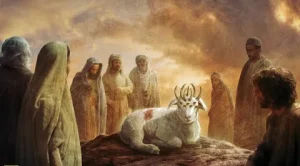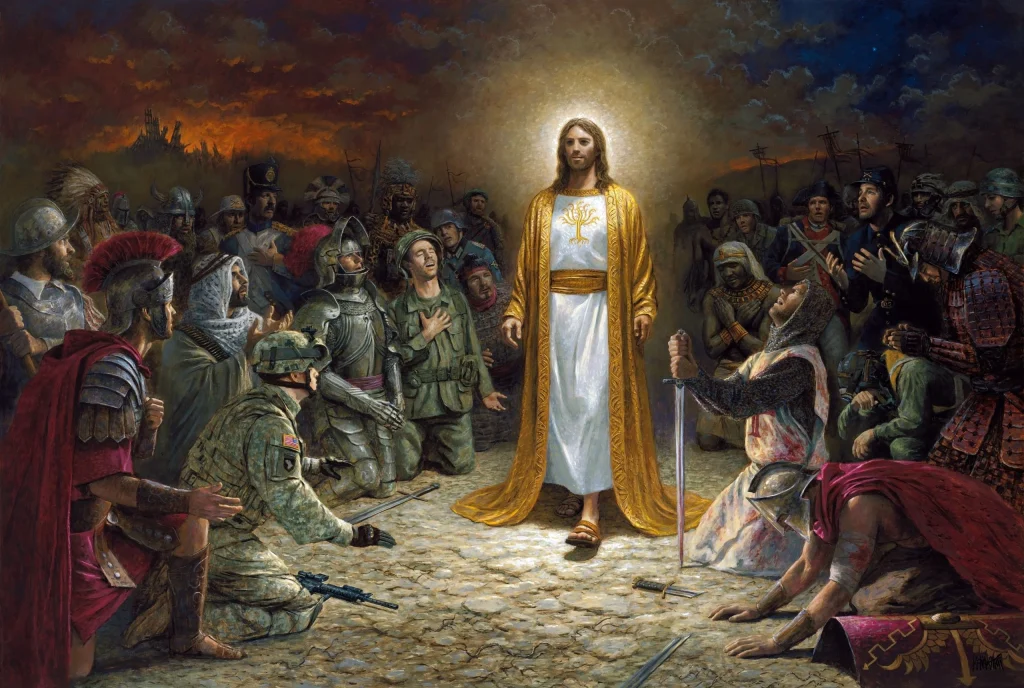
The Role Prophecy played in Christianity.
Make notes and compare what is read in one chapter with what is found in another even contact the author with your questions. If followed through to the end it can be quite an eye opener.

In So This is Christianity, Winston Elias takes readers on a journey tracing the beginnings of the Christian faith, from Old Testament prophecies to the New Testament teachings. Starting with the Prophet Daniel in the Old Testament and continuing through to the Apostle Paul in the New Testament, Elias leads us to an understanding of Christianity that extends up to the present day.
Using the Bible as the foundation for all arguments, Elias guides readers through the Jewish scriptures, which at the time were the only recognized texts of God (Yahweh). The Bible served as the foundational text for both Jews and Christians, emphasizing the concept of oneness and unity among God’s people. A significant passage in this regard is John 10:16, where Jesus states, “There shall be one fold and one shepherd.” This verse highlights the idea that all believers, regardless of their ethnic or religious backgrounds, are part of a single, unified flock under Christ.
The early Christian church developed within a predominantly Jewish context. Early Christians, including the apostles, were primarily Jewish and observed Jewish customs and traditions. The Acts of the Apostles and letters from Paul indicate that the early church initially worshiped in synagogues and adhered to the Sabbath.
However, over time, differences emerged, particularly regarding issues with Rome. Christians proselytized something that Rome forbade Jews from doing. Despite these differences, the core belief in one God and one shepherd remained central. To escape Rome’s persecution, many within the early church sought to change their day of worship, hoping Rome would see them as distinct from the Jews.
This change in the day of worship is addressed in Elias’s book with clear references from the Acts of the Apostles. Other sources are also cited, providing evidence of what led to the split within the young church and explaining the divergence from Judaism. The book offers well-documented evidence, both easy to follow and backed by quotes from the New Testament.
Moreover, the book provides a nuanced view of this early divide, highlighting that early Christians continued to observe the Sabbath despite the move to Sunday worship. This transition was a significant cause of the split among early Christians, reflecting a period where many were forced to separate themselves based on their beliefs and worship practices.
One important point of divergence between Judaism and Christianity has been the day of worship. Traditionally, Jews observe the Sabbath on the seventh day (Saturday), as commanded in the Ten Commandments. In contrast, many Christians worship on the first day (Sunday) to honor Christ’s resurrection. This topic is further addressed in So This is Christianity.
For contemporary Christians, the theme of unity in worship holds significant relevance. Despite denominational differences, the core belief in one God and the teachings of Christ serve as common ground. Elias encourages readers to embrace this unity, drawing from the early church’s example and the biblical call for oneness.
The book invites believers to reflect on their shared heritage and common goals. By focusing on the oneness of God and the teachings of Christ, Christians can overcome differences and build a spirit of unity and love in their worship. This approach not only honors the holy call for unity but also enriches the collective faith experience, bringing believers closer together in their journey of faith.
Many claim that their denomination is the only true church. However, in John 10:16, Jesus states that He has other sheep that must be brought in so that there will be onefold. This provides insight into the true fold Jesus referred to. This concept is discussed in greater detail in So This is Christianity. For those who have never seriously examined Christian beliefs, now is a great time to explore them. For professing Christians who have never deeply considered their faith, this is also an opportunity to learn more about its foundations. Knowledge is empowering, while ignorance can be harmful. Now is an excellent time to switch tracks and learn about the history of the church and what prophecy has predicted about it

Make notes and compare what is read in one chapter with what is found in another even contact the author with your questions. If followed through to the end it can be quite an eye opener.

In exploring the historical and scriptural foundations of the Christian faith through Winston Elias’s book, “So This is Christianity”,